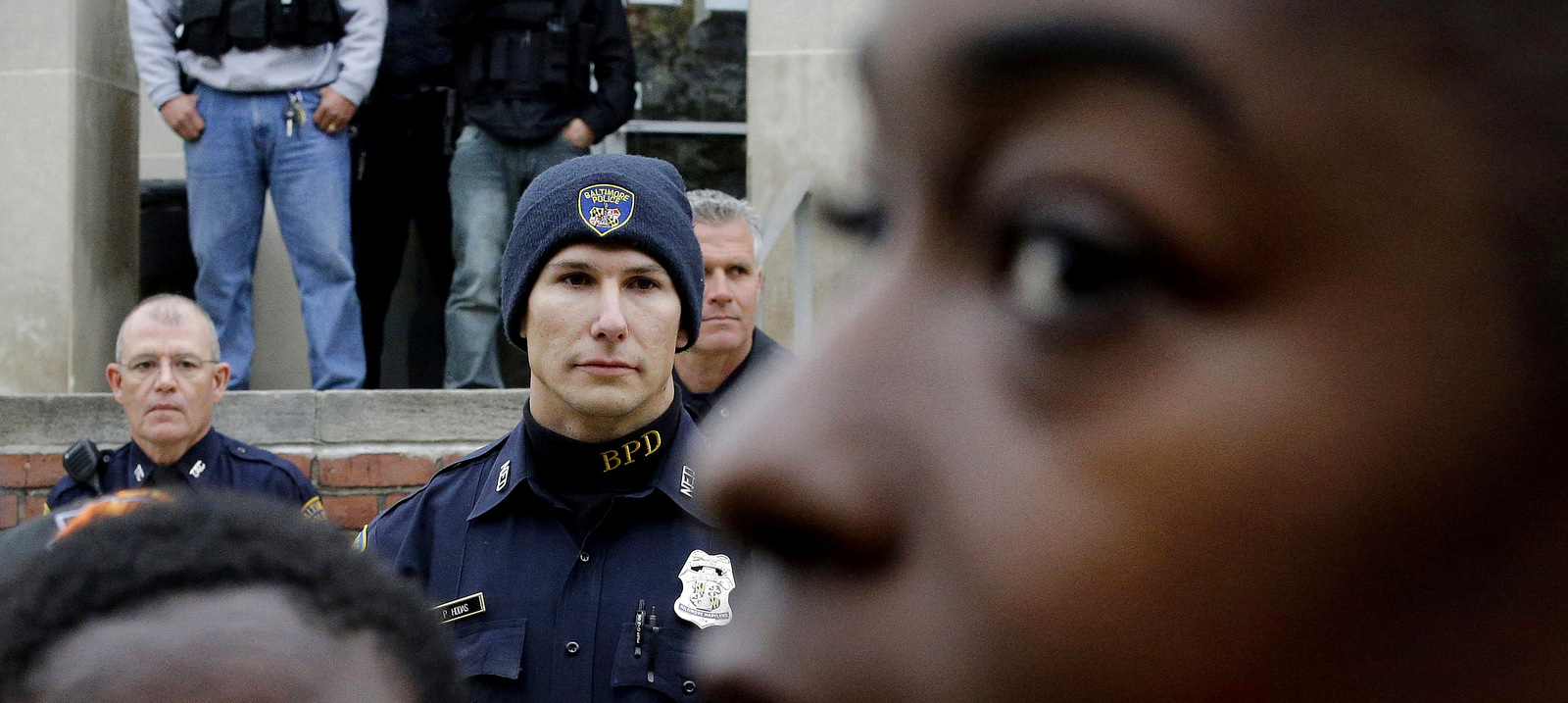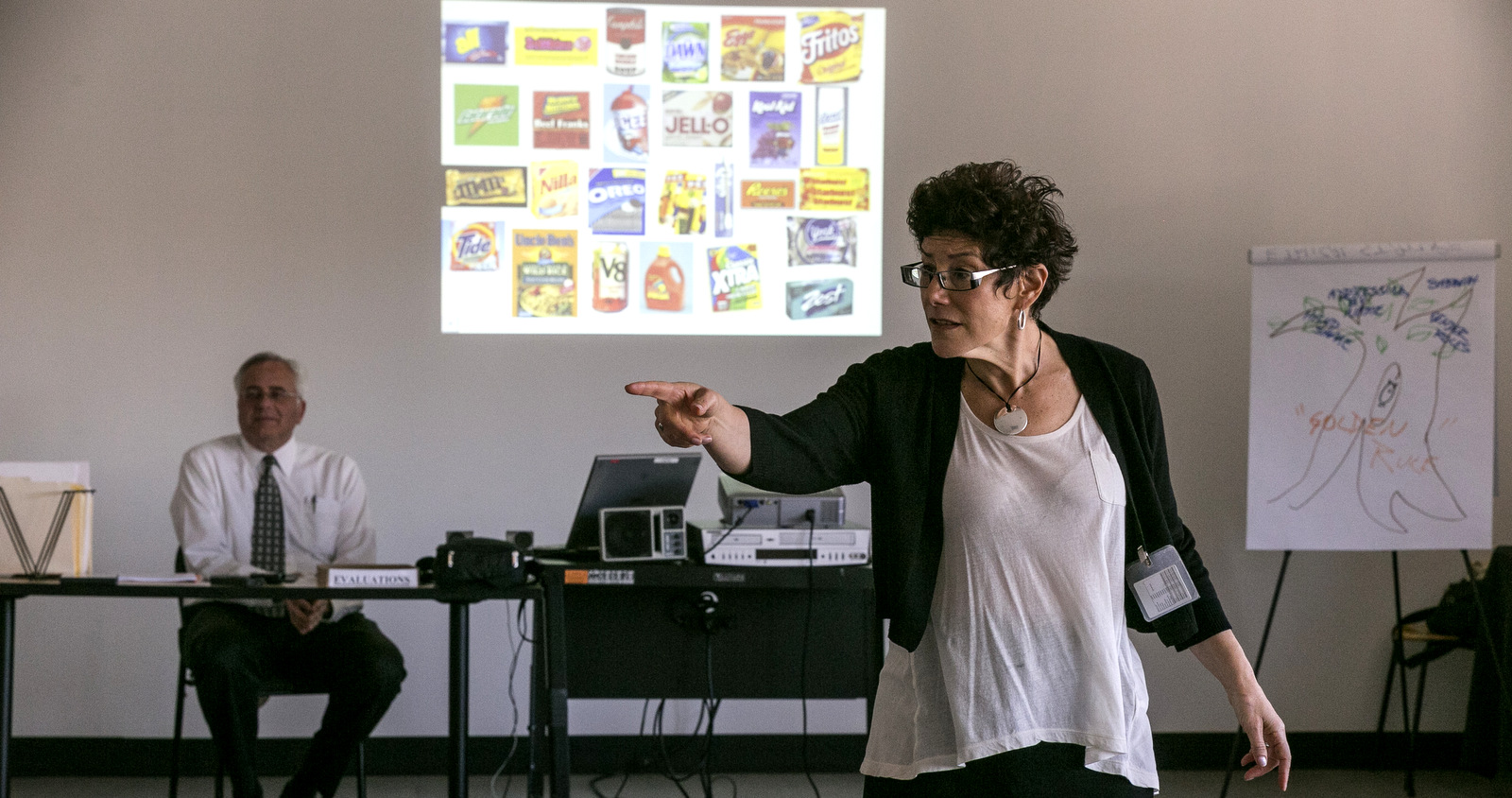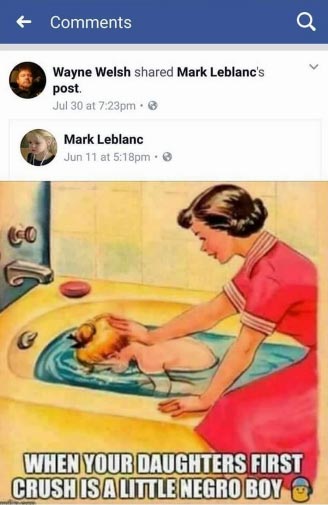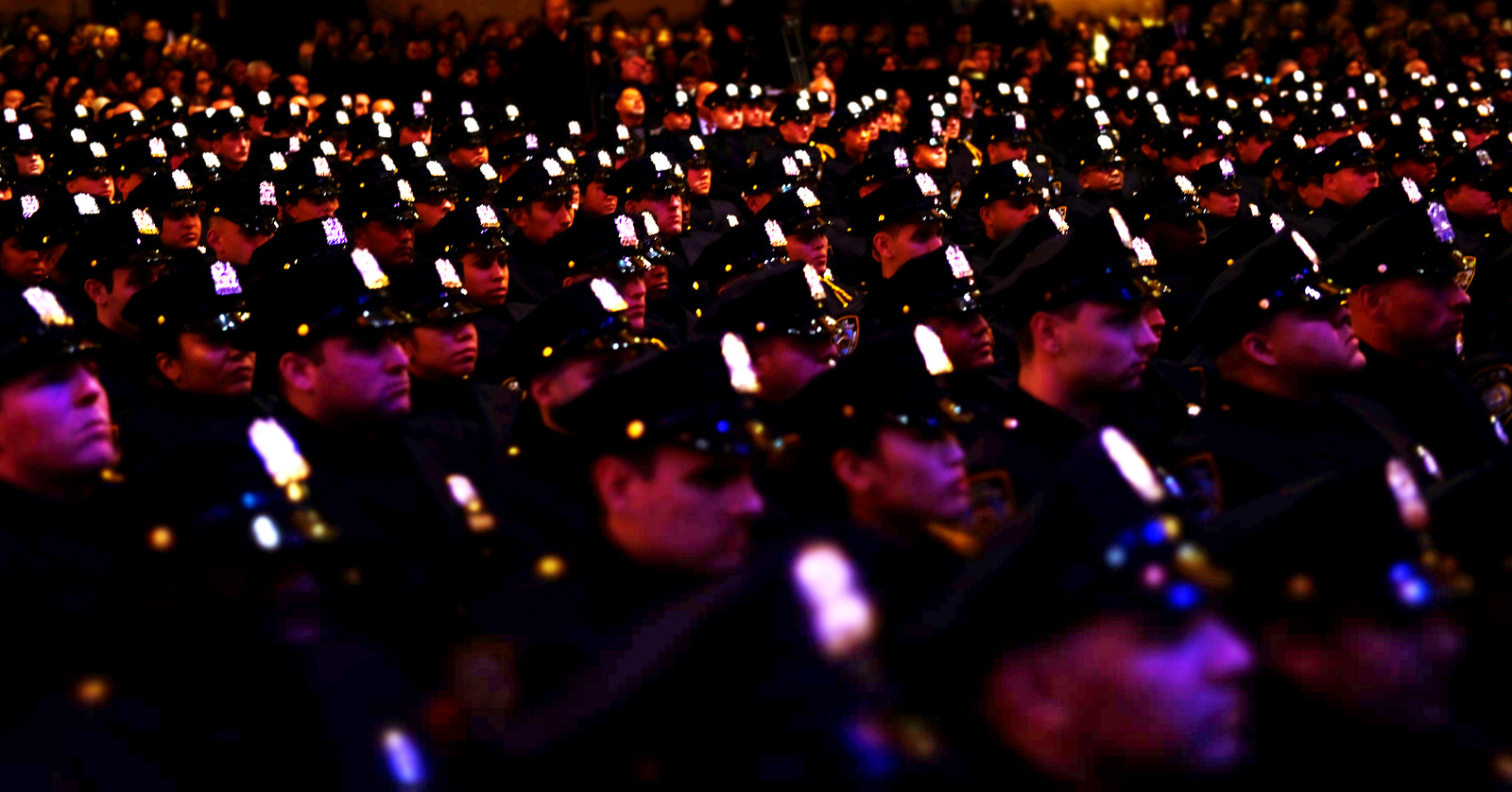LOUISVILLE, KENTUCKY – Todd Shaw, the former assistant police chief of the city of Prospect, Kentucky, resigned November 20, 2017, after more than 20 years on the job. Shaw quit after Prospect’s Chief of Police Jeff Sherrard confronted him with copies of Facebook messages sent to a Louisville Metropolitan Police Department (LMPD) recruit. Those messages, made public by a court last week, have been described as being “highly disturbing,” “racist,” and “threatening.”
The recruit was writing a paper about “the right thing to do” and asked Shaw what he should do if he comes across some juveniles smoking marijuana:
“Fuck the right thing,” Shaw allegedly responded. “If black shoot them.”
And as for what to tell the parents of the juveniles, Shaw said: “… call their [pa]rents … if mom is hot then fuck her … if dad is hot then handcuff him and make him suck my dick,”…
Shaw continued, “Unless daddy is black. … Then shoot him.”
Under investigation in an unrelated case about interference, Shaw’s Facebook content was requested under an open records provision. He had sought to exclude the material but a judge ruled it was fair game.
Read more by Thandisizwe Chimurenga
- Democrats and Republicans Unite In Vote To Extend Warrantless Surveillance
- Florida Prison Strike Focuses on Prison Slavery, Fair Treatment
- While Prisons Ban Reading Material, Unsearched Guards Walk in With Real Contraband
- US Police Kill A Thousand Each Year While Cops Are Safer than Trash Collectors
Shaw’s social media posts are indeed disturbing, racist and threatening; that’s obvious. What’s not obvious, unfortunately, is the remedy for them. The reflexive, go-to remedy for such vulgarity by a cop like Shaw is “better training.” The editorial board of the Los Angeles Times, while applauding increased anti-bias training for law enforcement in California, noted that it’s going to “take more than a few hours-long training courses to erase unconscious biases …” that have been built-up after “hundreds” of years. Which begs the question: more what?
One of the things that is missing in looking at this particular issue is an understanding of who Todd Shaw is. Shaw was the city of Prospect’s assistant chief of police. When Chief Sherrard was on leave, Shaw would be the interim chief of police. This is not your racist, good-ole-boy partner sitting in a squad car with you. This is your commanding officer.
Influence of community attitudes on police behavior

A research team at Ryerson University in Toronto found “a link between the unconscious racial biases of white residents and the disproportionate use of lethal force against blacks by the police. Areas with greater levels of prejudice had higher rates of such tragic incidents.”
The team was led by psychologist Eric Hehman. In Pacific Standard magazine last July, Tom Jacobs wrote that it appeared self-evident that “the attitudes of the communities the police officers work in — which are usually the same ones they live in, and often the ones they grew up in — would have a profound influence on their attitudes, behavior, and instinctive reactions.” A racist culture, in other words; a culture in which police chiefs and other commanding officers live and breathe, just like their subordinates.
Raeford Davis was a cop in South Carolina for several years, leaving the force in 2006. He now works as an advocate against both police brutality and the war on drugs. According to Davis, as a young recruit, he was in training for eight weeks — which primarily consisted of how to maintain control and “worst case scenarios” when dealing with a “suspect” — and he was given a 1,500-page training manual. No more than 20 pages of that manual discussed how to de-escalate a situation. “It wasn’t really until you got out with your field training officer,” Davis said, that you would unlearn things you learned in the police academy.
Better training avoided by those who most need it

Better training is always “the fix” for police. But it’s also always directed at new recruits and those cops who patrol neighborhoods every day. Rarely, if ever, is it directed at those officers who have been on the streets for years, or those who are responsible for commanding other officers in the field. Any efforts aimed at creating less lethal, more humane policing need to address both types of officers.
Shaw is not alone. The Akron Beacon Journal reported that James Nice, Akron’s former police chief, resigned at the end of August last year, partly because of his use of the N-word slur amongst people who were not law enforcement.
Also last August, Wayne Welsh — another former assistant police chief, in Estherwood, Louisiana — resigned after sharing a cartoon meme on Facebook of a mother drowning her daughter in the bathtub. The caption on the meme stated, “When your daughters (sic) first crush is a little Negro boy.”

Prior to the revelations about Shaw, New Jersey’s Frank Nucera was in the lead for top repugnant police leadership. Nucera was charged in November with a hate crime for allegedly assaulting a Black youth detained at his facility, and for making racist remarks against Blacks. As reported by Jon Schuppe of NBCNews.com:
The litany of Nucera’s alleged abuses listed in the complaint include frequent use of racist slurs in reference to African Americans and the use of police dogs to intimidate black fans at a local high school basketball game and in an apartment complex where black people were present. At one point, talking about a black suspect believed to have slashed the tires of a police car, Nucera allegedly told the officer who was secretly recording him that ‘n—–s are like ISIS, they have no value.”
Redditt Hudson, a former St. Louis police officer, now works for the Ethics Project of the NAACP. Hudson has stressed that the real issue is that police violate the rights of individuals with impunity daily. The fix for that, he says, is that police must know that they will be held accountable for their actions. If that knowledge is to be imparted, accountability must begin at the top.
Top Photo | Newly minted NYPD Officers attend the New York City Police Graduation Ceremony for the Graduating Class of December 2017 held at the Beacon Theater on December 28, 2017 in New York City. (Photo: Mpi43/MediaPunch/IPX)
Thandisizwe Chimurenga is an award-winning, freelance journalist based in Los Angeles, California. She is a staff writer for MintPress News, Daily Kos and co-hosts a weekly, morning drive-time public affairs/news show on the Pacifica Radio network. She is the author of No Doubt: The Murder(s) of Oscar Grant and Reparations … Not Yet: A Case for Reparations and Why We Must Wait; she is also a contributor to several social justice anthologies.


